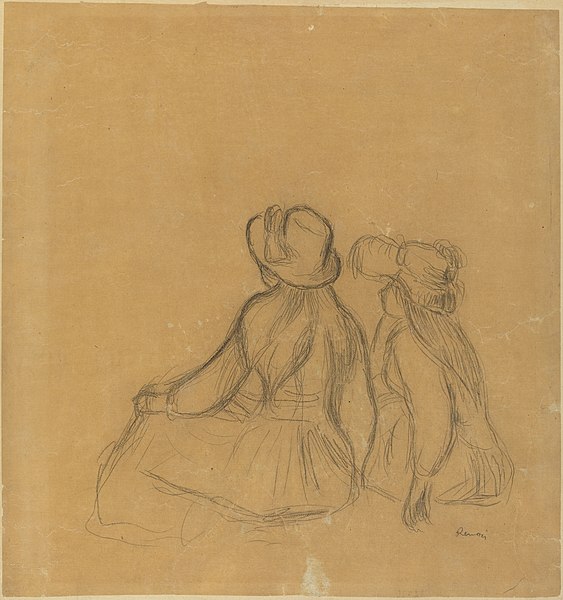Some of us do not know how we are supposed to act when we feel like we want to flirt, are being flirted with, or have an encounter with flirting as a concept. We would like to know, simply so that we could try. It does not matter if we have a qualm fundamentally with the principle of changing our natural tendencies to appear desirable. Some take no issue with the principle of changing – if it is changing – for people, but take issue with the inequality of the supposed demands on boys and girls. Perhaps, our degree of willingness to challenge social norms is misaligned with those of our friends or a person we are interested in.
Some of us have an easy mental image of how to act, what to say, and who to essentially become to get the most play– or at least not self-destruct. Some choose to inhabit their desirable, flirting self version completely – their walking-on-glass-so-as-not-to accidentally-be-intimidating-version – like a “Mini Me” American Girl Doll™ that you become. Others fully ignore it or make exceptions when we channel it in special moments when the lights are dim.
For some, holding our tongue would ruin our day. Feigning stupidity or blandness is physically not in our programming. We cannot empty space for men to fill so they feel more comfortable because that would mean carving out our authentic selves, which we consider precious.
Some of us do not know who we are supposed to become to please our preferred sex(es), but this persona comes so naturally that we do not have to think about it and tap in and out of it with great ease. Some people are exactly who they need to be to attract others and were literally born that way, with 2-centimeter eyelashes (just kidding).
Some refuse to play any games. Some are too afraid. Some are afraid not to, but are secretly very private, non-disclosing people who simply want to be alone. Some actively resist that way of being– that open, indiscriminately interested, amused, and indiscriminately energy-matching self. The self that is always teasing, complementing, fishing to be teased, or fishing to be complimented.
These can look like talking, performing complex eye-ball choreography, staring with a blank face, posting targeted material, writing letters to be delivered by owl, sharing proximity, having a secret handshake, communicating through friends (including conversations in front of the person), gift-giving, service providing, sending reels, texting, exaggerated laughter, touching, post and story liking, and more. The list does not end there because flirting can be so hyper-specific and esoteric that it isn’t explicable. Yet, there is always the nagging question of sincerity.
It is understood that a compliment is not always a blessing. Some carry this knowledge so deeply that they do not even respond to them positively. A compliment can be a way to get on a person’s good side for social benefit. A compliment can be a way to earn a person’s trust before you crush them. A compliment can be backhanded and secretly insulting. It can be a way to indirectly make up for something bad or mean from before. It can be a way to get a person to be more likely to succumb to their demands or listen to their spiel.
Yet, compliments are radiant far more often than they are pathetic. A compliment can be a more positive way to cope with jealousy. A compliment can be a positive thought that a person simply cannot contain. It can be an innocent hand extended to friendship. It can be a way to help a nervous person relax or boost a person’s confidence. It can be a way to reassure a person that their voice is sought to be heard. It can be a way to make a person’s bold decision feel seen and recognized. It can be a way to express like-mindedness. These kinds of compliments do not come from below, like a plea, or above, like a reward, but across, like allied nations.
Yet, in patriarchal societies, this kind of equality in a compliment is a rarity in the practice of flirtation. When he touches you, which kind is it? Or perhaps, some touches are not compliments at all.
Anaïs Nin, the 20th century French-American essayist and diarist once wrote “A Kiss Can Destroy a Philosophy.” This creates a troubling, intriguing conflict for those who consider their saunter through life philosophically guided yet find themselves open to loving experiences. Many girls find today’s dating norms an abusive cycle (though it is not a new sentiment that love is a painful game). Many are philosophically opposed— that is until the moment strikes. Fairness is incredible, but is love better?

















